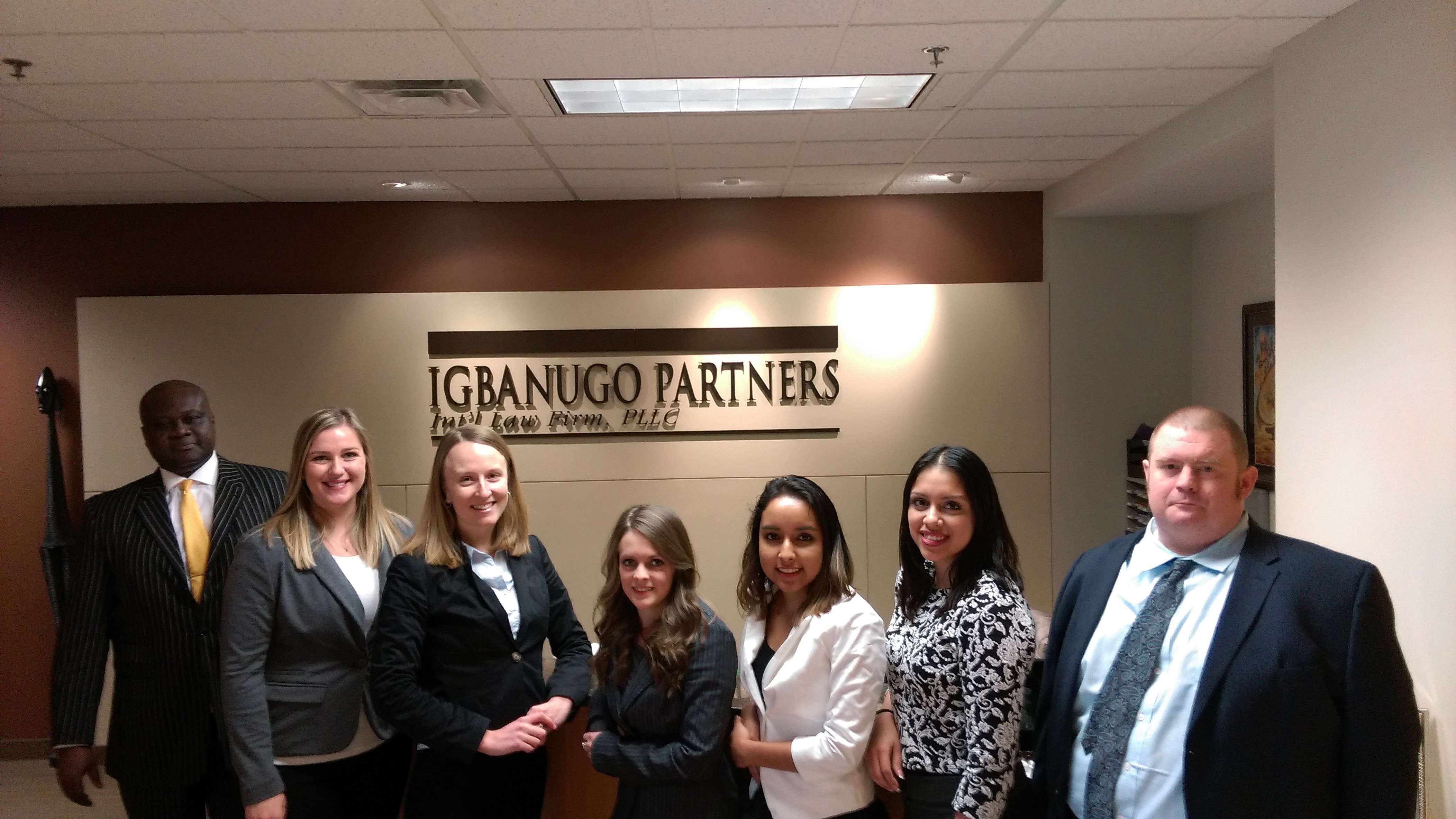FOREIGN CORRUPT PRACTICES ACT (FCPA) ADVISORY & LEGAL SERVICES
Igbanugo Partners represents corporate and institutional clients with Sub-Saharan Africa (SSA) business relationships affected by or subject to the Foreign Corrupt Practices Act (FCPA). Anti-corruption laws under the FCPA affect every U.S. company and person conducting international business. Since the enactment of the FCPA in 1977, the United States has provided indispensable leadership in combating corruption around the world. Corruption has long been a part of the playing field in SSA, much to the detriment of the Continent. Transparency International (TI) says Africa is by far the most corrupt continent on earth. The Association of Certified Fraud Examiners has broken down corruption into four schemes, namely: conflict of interest, bribery, illegal gratuities, and economic extortion. These forms of occupational fraud are known to plague Africa.
We are an information source for companies intent on operating in an SSA environment free of corruption. We forge a strategic approach that is endorsed at the highest levels of a corporate entity and ensure that it is aligned throughout the business operation. We offer valuable guidance specifically designed for the international business groups of our client corporations operating in SSA. We consistently track the U.S. Department of Justice’s (“DOJ”) enforcement priorities in this arena and design our workshops to empower the vulnerable employees of our institutional clients to remain incorruptible. U.S. multinational corporations and their SSA subsidiaries must be fully cognizant of cultural nuances pertaining to compliance issues regarding the FCPA in SSA. The key to minimizing the risk of corruption lies in understanding why it occurs, identifying business areas that are at risk, and implementing procedures to address those vulnerable areas.
The FCPA continues to be actively enforced by the U.S. government. Generally, the DOJ enforces the anti-bribery part and the Securities and Exchange Commission (SEC) enforces the record-keeping and accounting part of the law. The DOJ and SEC have strengthened their enforcement efforts and are focusing more intensely on U.S. companies’ interactions with overseas officials. The FCPA makes it a crime for any U.S. person or company, in the U.S. or abroad, to directly or indirectly pay or promise anything of value to any foreign official to obtain or retain business. Payments for routine government administrative actions, permits or inspections, or to provide for demonstration of a company’s products, are permissible. Record-keeping provisions of the SEC impose some responsibility on U.S. parent corporations for the accounting practices of their foreign subsidiaries.
The government’s heightened scrutiny demands that U.S. multinational corporations implement comprehensive FCPA compliance programs specifically tailored to doing business in this high-risk environment. We counsel you on the risks and cultural nuances of doing business in SSA that may trigger FCPA violations.
Some of the key considerations and/or questions we routinely address are:
- What are the socio-economic and cultural risk factors that make companies conducting business in SSA more vulnerable to possible FCPA violations?
- What lessons can be learned from recent SEC and DOJ enforcement efforts affecting companies doing business in the high-context cultures of SSA countries?
- What are the best practices for companies to utilize in developing anti-corruption compliance programs and due diligence efforts specifically tailored to this unique region of the world?
- What are clearly articulated anti-bribery policies, procedures and guidance for U.S. multinational corporations, their officers, agents, and other intermediaries involved in SSA projects?
- What are the specific difficulties of managing non-U.S. data, privacy and blocking statutes when gathering information in SSA for production to U.S. authorities?
- What are the essential measures in connection with retaining agents and other third party intermediaries (frontal due diligence before hiring a consultant, and ensuring that there are adequate exit and/or remedial contractual provisions in place)?
We shepherd our clients to create comprehensive FCPA compliance policies and procedures, keenly cognizant of the socio-cultural expectations essential to proper business transactions in SSA. A comprehensive program must address several issues, such as processes for making permitted payments under the FCPA, policies for gifts to foreign officials, evaluating potential and existing third-party representatives who act on behalf of the company, maintaining proper books and records, and auditing the companies’ compliance processes. We take the extra effort to understand our clients’ businesses enough to provide tailored-to-fit compliance programs.
Our diverse team of culturally competent counsels possess the core competencies to handle all types of FCPA matters, including: complex merger/acquisition due diligence protocols; creating targeted compliance policies and procedures; screening local agents and other third-party representatives; compliance audits and internal investigations; defensively assisting in governmental investigations of outside and in-house counsel in SSA FCPA matters; and representation before the DOJ and SEC.
Our arsenal includes seasoned corporate compliance experts who possess a wealth of experience in advising companies on corporate governance and social responsibility “best practices.” If you proactively partner with us in SSA, you can rest assured that your vulnerabilities in the region will quickly dissipate.


